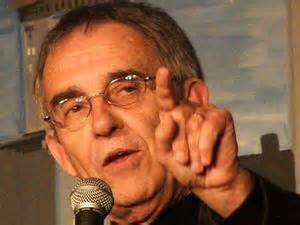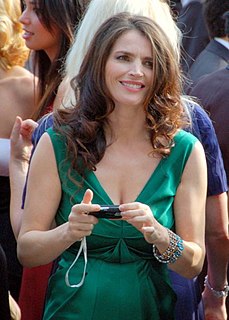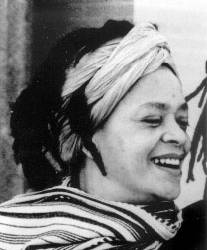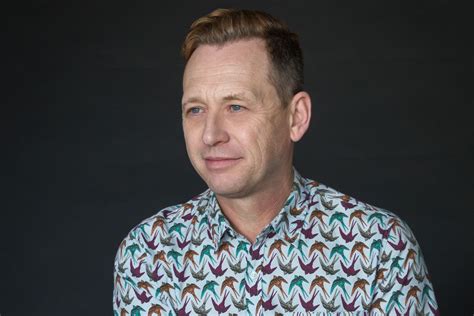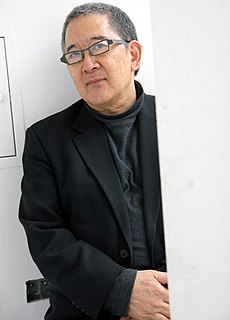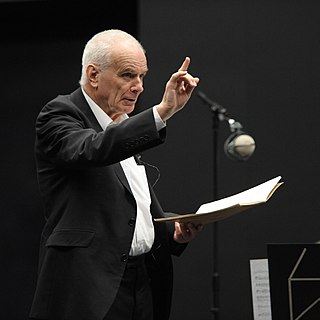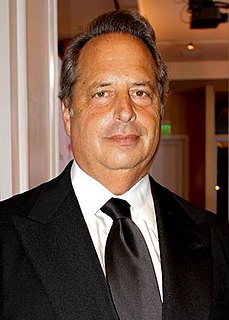A Quote by Zal Batmanglij
A novel is both a story and a piece of writing. A movie is a story and a piece of filmmaking.
Related Quotes
The director makes the movie. The director has to have the story in their head, has to know the style of the piece, has to answer questions from actors, design, set, lighting, every department throughout the pre-production, production, and post-production, because they've got it in their mind. They've got to know exactly what they want and what the style and story of the movie is. It's them. They make it.
I'm not an activist. I'm a filmmaker. I'm a dramatist. My strength is to tell a story, to find a way to tell a story that makes it exciting. Our Untold History was a huge challenge. Snowden was no piece of cake, because writing code and breaking code is some of the most boring stuff you've ever seen.
Philip Galanes makes his debut with a novel that is both heartbreaking and deftly comic, the story of a young man struggling with his most primitive desires--wanting and needing. It is a novel about the complex relationships between parents and children, a story of loss and of our unrelenting need for acknowledgment, to be seen as who we are. And in the end it is simply a love story for our time.


